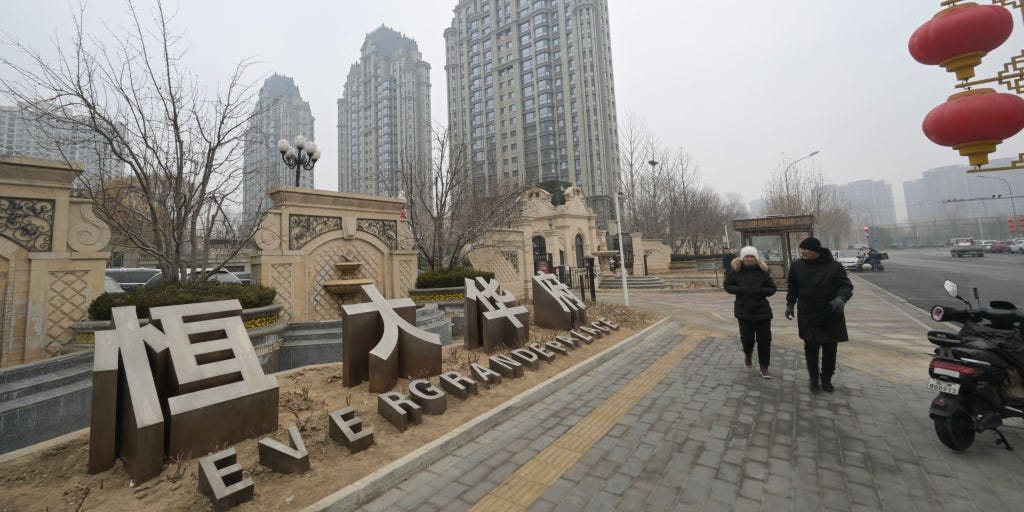A Hong Kong court ordered the liquidation of China Evergrande, the world’s most indebted property developer.
Evergrande has assets of about $245 billion, but owes about $300 billion.
Its demise is a “controlled collapse,” but still raises systemic risk and will hurt investors, says an analyst.



They should start a couple utopian city experiments in those ghost suburbs they built way outside cities. Offer housing and a vision and put some academics in charge so we can learn something.
The problem is that those ghost cities aren’t actual cities. The housing is largely worthless and uninhabitable, crumbling before it’s even finished, often only “finished” to look that way from afar. You can’t actually do anything with it other than tear it down.
It looks to me like there are a fair amount of finished homes with fine construction that are vacant due to this whole thing. Many weren’t completed but many were.
Fine construction? Based on what? Have you actually seen these ghost cities? There is nothing fine about them.
Based on scanning wiki and a couple articles and seeing nothing about construction quality aside from unfinished projects, definitely not an authority
Oh I see, didn’t realize the construction quality was terrible:( So it was a sham the whole time? I thought they just didn’t think through the locations which made the housing useless (no work within reasonable commute).
The whole thing was essentially a real estate Ponzi scheme where new investors were paying for pre-existing work, from what I’ve read
New investors were covering existing loans you mean!
No Ponzi scheme here, nothing of the sort. Just good old economics!
But yes, they sold apartments and used the proceeds to finance existing, already sold buildings that weren’t built yet.
This isn’t a pyramid scheme, but it definitely collapses if it stops growing.